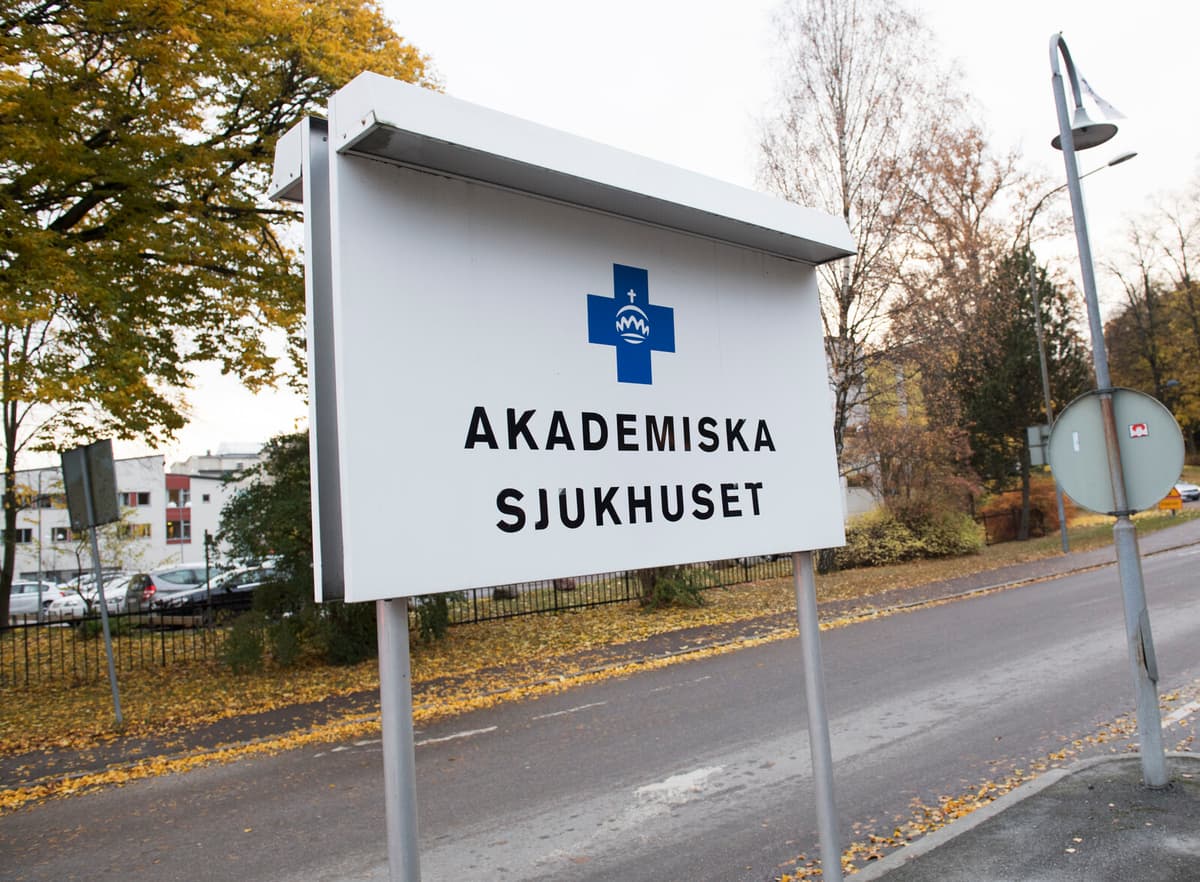97 women have been diagnosed with EIN, Endometrial intraepithelial neoplasia, a precursor to uterine cancer, at Akademiska Hospital this year and last year. However, an independent review by pathologists made a different assessment and it was found that 33 of the diagnoses, 34 percent of the cases, were incorrect.
It's a difficult diagnosis to make with small nuances that decide and it can make you rather convict than acquit. It's not a machine that makes the diagnosis, it's humans, but we naturally regret what happened. It's very sad, says Tommie Olofsson.
More tests are taken
The criteria for establishing the diagnosis of EIN came in 2020 from the World Health Organization and since 2021, a standard developed by Swedish pathologists has applied. But after the women's healthcare department at Akademiska noted an unexplained increase in the number of diagnoses, the hospital took the initiative for its own review.
More tissue samples are also being taken than before, so it's not possible to say at this point whether the increase is solely due to a shift in diagnostics or if more cases are being discovered. The investigation is not yet complete, says Tommie Olofsson.
Operated unnecessarily
According to Olofsson, the spread is large regarding the diagnosis of the precursor to uterine cancer among the country's hospitals – and Akademiska is far from being at the top.
In some hospitals, five percent of the cases have been assessed as EIN, and in other hospitals, twenty-eight percent. We are below ten percent.
So this incident is not unique to Akademiska Hospital?
In hospitals where 28 percent have been diagnosed, they may have operated unnecessarily. Where five percent have been diagnosed, they may have missed operating on those who needed it, says Tommie Olofsson.






